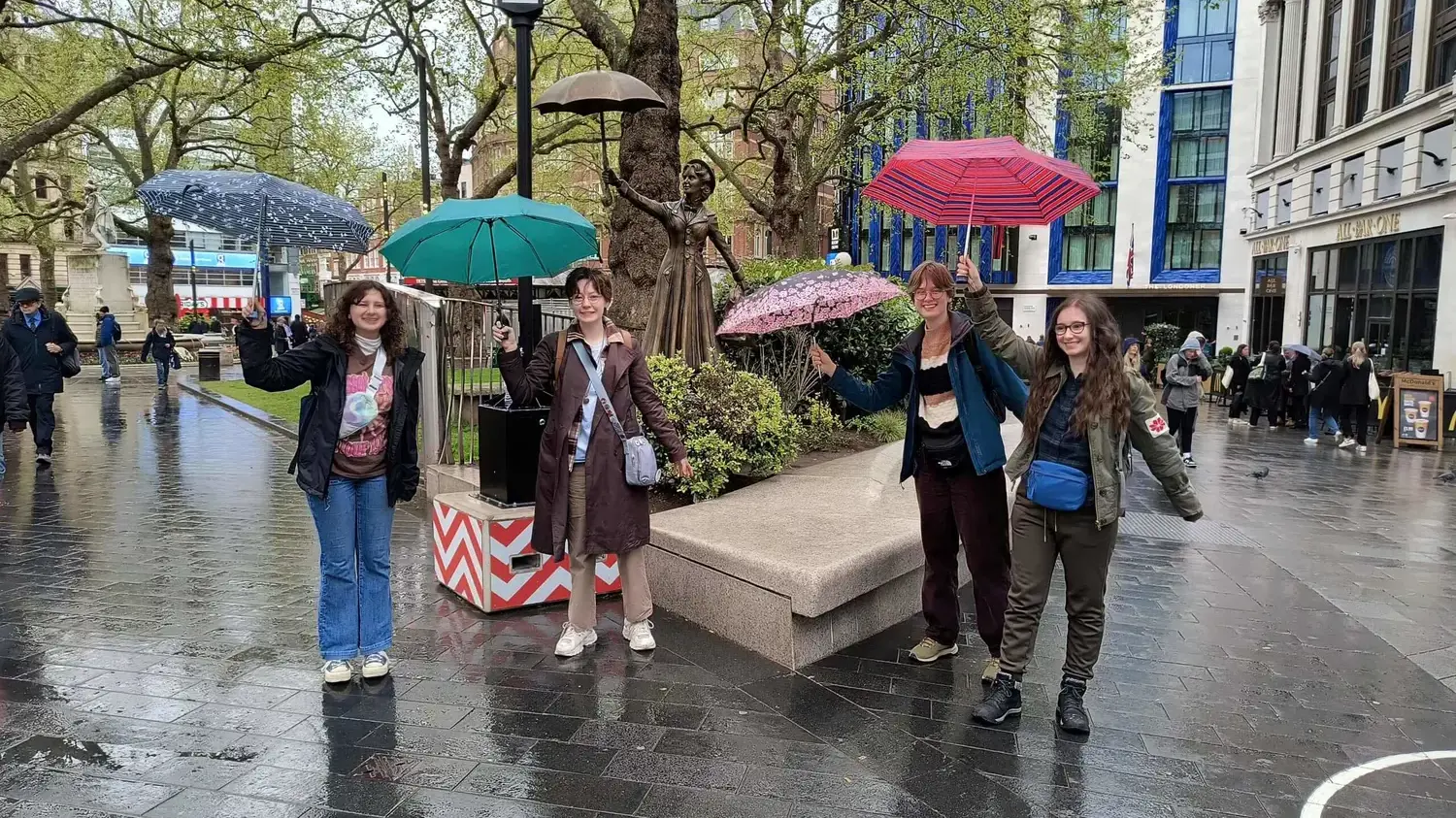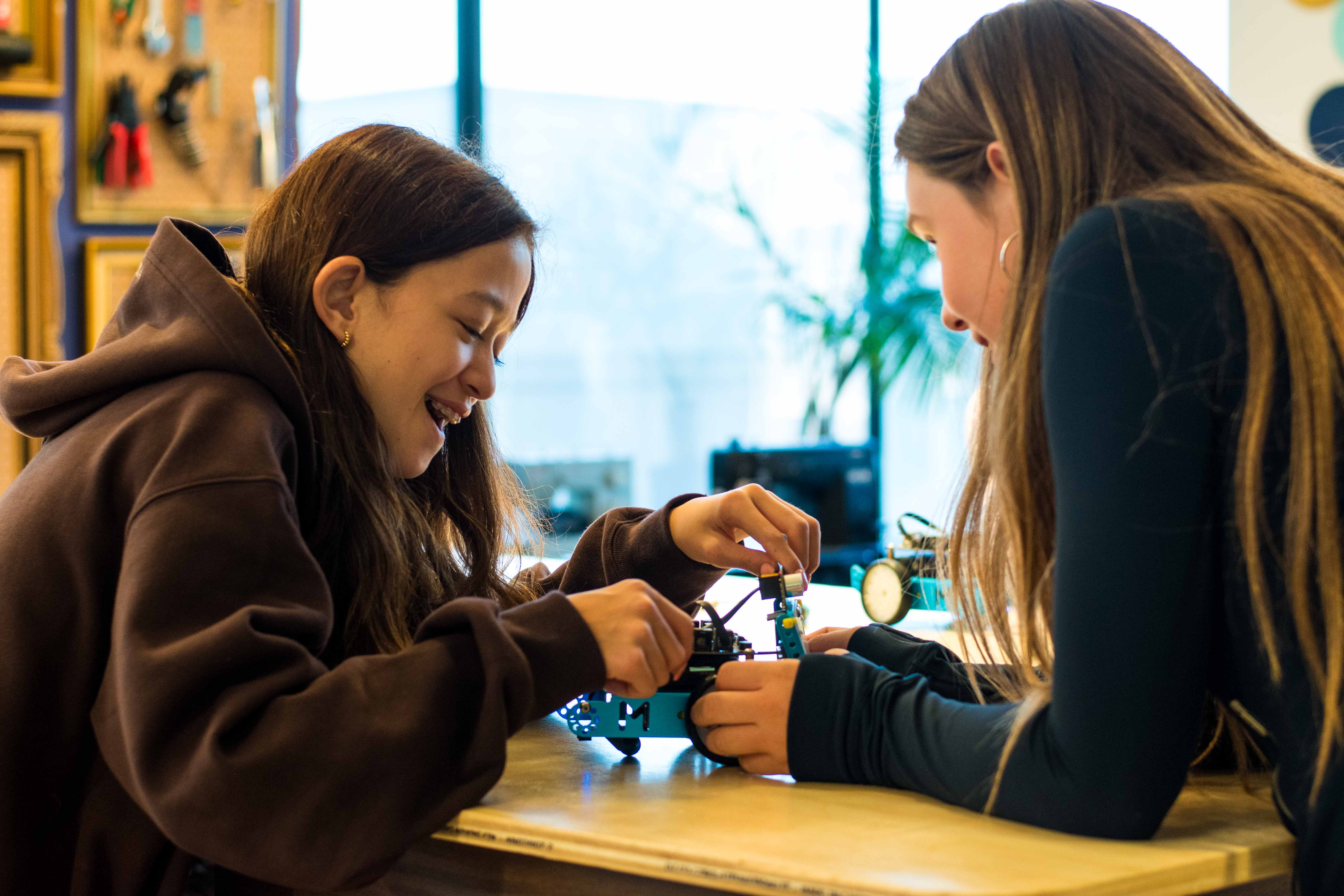Putting Girls at the Centre
At The Linden School, we believe a school for girls is fundamentally different than a school with girls. Here, students take centre stage in every part of school life—every voice in student government, every coder in robotics, every presenter at Inquiry Fair, every captain on the athletic field. Our entire program—academic, social, co-curricular—is designed to elevate the learning, leadership, and personal growth of girls and nonbinary students.
This approach is more than a philosophy—it’s backed by research. A landmark study from UCLA, which surveyed over 20,000 young women, found that students at girls’ schools report:
- Greater academic engagement
- Higher confidence in math and computer science
- More leadership experience
- Increased political and community involvement
Girls’ schools don’t just teach girls—they empower them to lead.
What the Research Shows
Girls’ schools offer environments where agency, achievement, and self-efficacy are the norm. Research tells us that young women who attend girls’ schools are more likely to:
- Participate in community and environmental programs
- Volunteer regularly
- Promote racial understanding and cultural awareness
- Speak up about political and social issues
- Pursue STEM careers at much higher rates
In fact, girls’ school graduates are six times more likely to consider a STEM major and three times more likely to explore careers in engineering compared to their coed school peers.
Why? Because when every student in advanced physics, coding, or math club is a girl, students see what’s possible. As the saying goes, “you have to see it to be it.” Girls’ schools amplify possibility through powerful peer role models.
Voice, Confidence, and Leadership
Linden students are expected to speak up—and they know their voices matter. A national survey found that 87% of girls’ school students feel their opinions are respected, compared to just 58% of girls in coed schools.
This sense of respect and recognition builds real-world leadership. At Linden, students learn early how to express their views, engage with difference, and advocate for change. Through experiences like STEM for a Better World, students use their academic skills to investigate social issues—from designing landmine detectors to analyzing climate data—developing both competence and conscience.

Countering Learned Helplessness
In her book The Curse of the Good Girl, Rachel Simmons describes how perfectionism and social pressures can lead girls to silence their needs or question their abilities. At Linden, we actively challenge this. We build confidence by fostering competence, not perfection, and offer diverse opportunities for success—whether through academics, athletics, arts, or activism.
We know that self-confidence grows when students feel competent, supported, and connected. Our approach includes:
- Personalized instruction in small classes
- Inclusive, student-driven learning
- Emphasis on collaboration over competition
- Curriculum integrated with social justice and civic action
- Teachers Who Lead With Purpose
| Read More |
|---|
|
Linden’s faculty are not just educators—they are specialists in girl-centred learning and feminist pedagogy. Our teachers regularly present at national and international conferences, share their expertise with media outlets, and collaborate with other leaders in equity-focused education. Notable contributions include:
Our teachers model what it means to lead with integrity, inquiry, and care—values we nurture in every Linden student. |
Empowering the Next Generation of Global Leaders
Girls’ schools are trailblazing environments—spaces where innovation, leadership, and imagination flourish. Whether a student dreams of becoming an ambassador, architect, or artist, Linden provides the foundation for her to rise, lead, and make meaningful change in the world.
As proud members of the International Coalition of Girls’ Schools (ICGS), Linden is part of a global network of leading schools dedicated to advancing girls’ education. ICGS brings together research, resources, and collaboration across more than 350 schools worldwide. Through this partnership, Linden stays at the forefront of best practices in girls’ learning, leadership, and well-being.
We invite families to ask:
|

